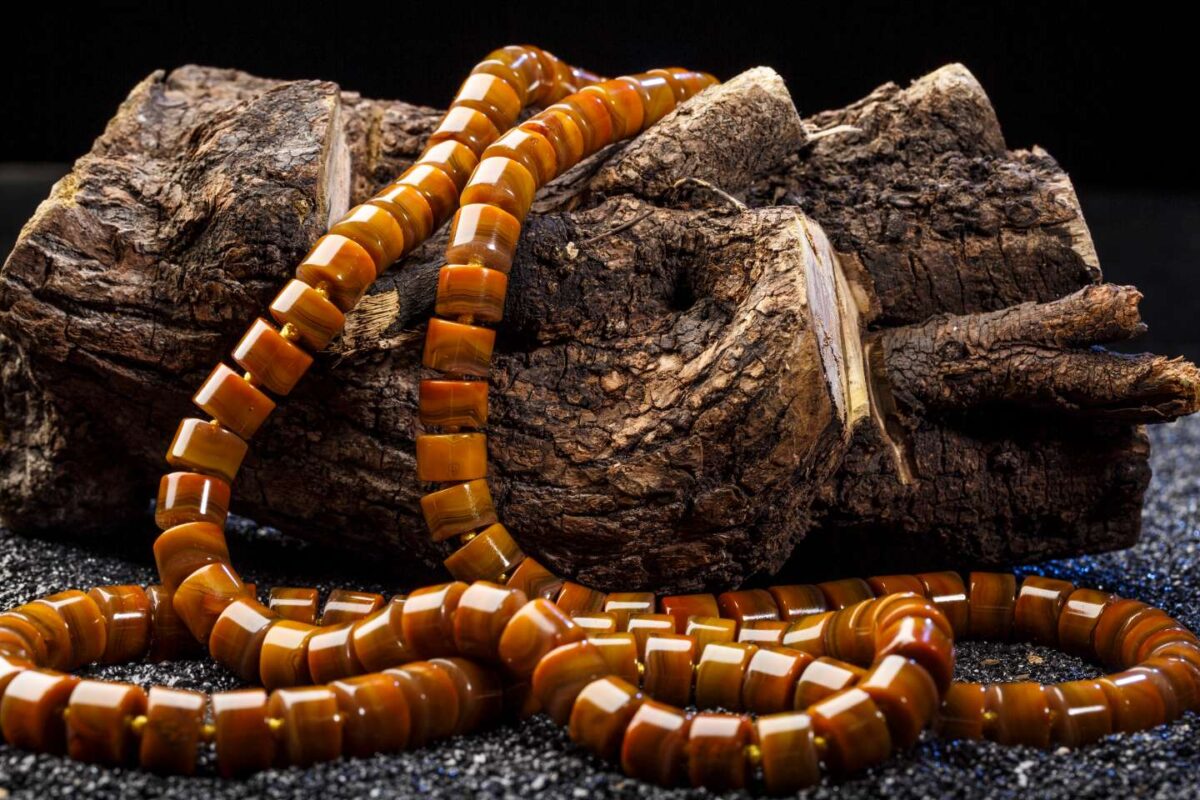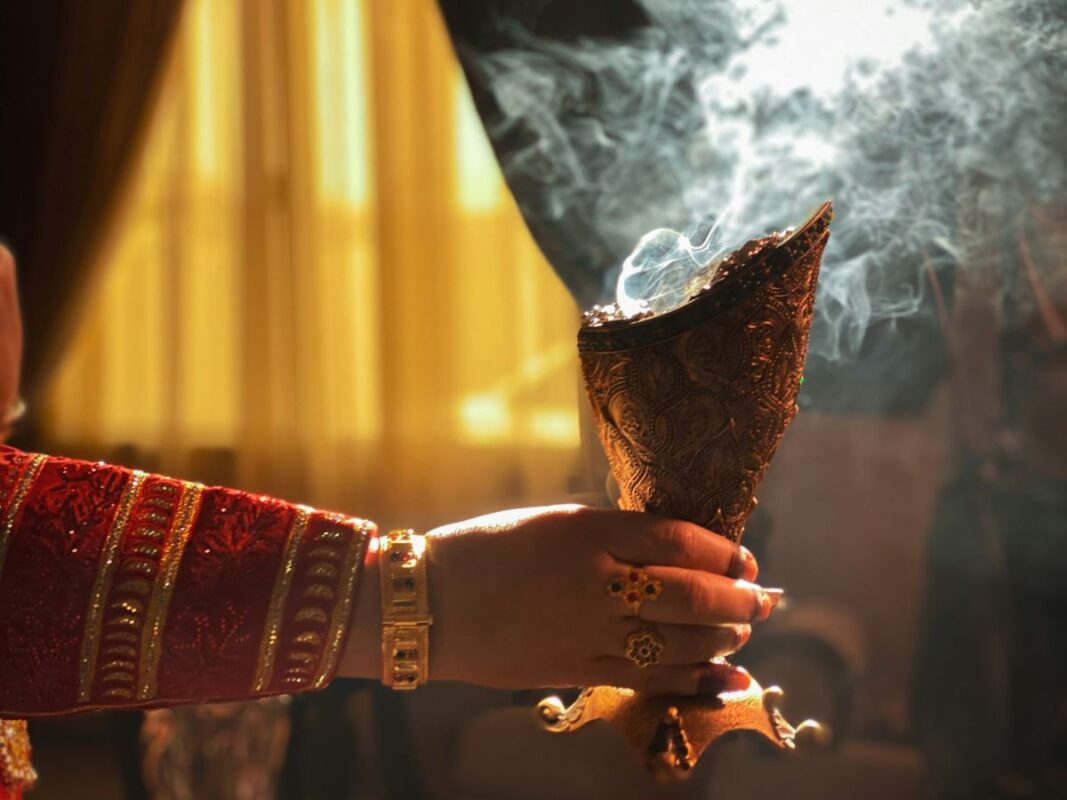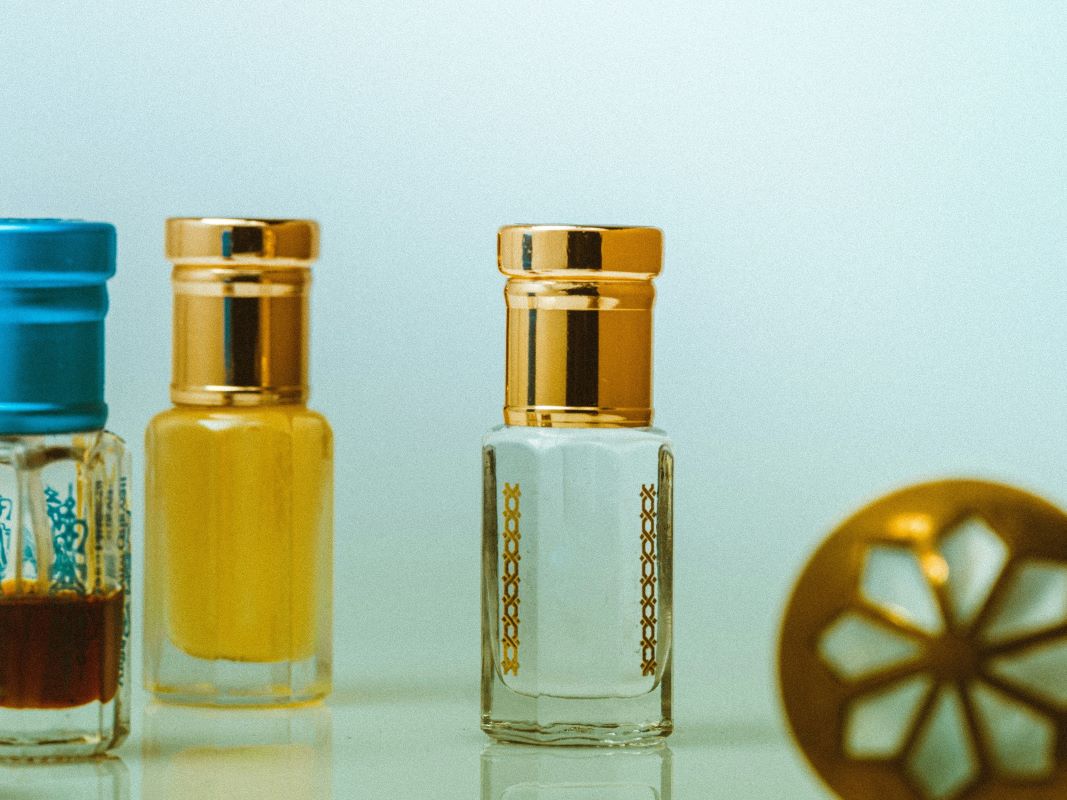La fragancia siempre ha sido más que aroma, es historia, emoción, e identidad envuelta en una botella. Mientras que Occidente ha dominado durante mucho tiempo la perfumería moderna a través de composiciones a base de alcohol, Se ha estado gestando una revolución silenciosa en todos los continentes. Hoy, el Resurgimiento de Attars, Perfumes tradicionales no alcohólicos hechos de destilación botánica, señala un cambio en los gustos olfativos globales. En el centro de este movimiento se encuentra aceite de oud, el tesoro resinoso del este, Una vez exclusivo de la perfumería del Medio Oriente, pero ahora las narices cautivadoras en París, Nueva York, y Tokio.
Este nuevo capítulo en la fragancia global no es solo una tendencia, es un crossover cultural. En Media Media, Reconocemos este impulso no como una coincidencia, sino como la culminación de las tradiciones centenarias que finalmente se celebran en el escenario mundial. El regreso de Attar indica algo más profundo: un anhelo colectivo de autenticidad, ritual, y complejidad en el aroma.
Un legado fragante: Los orígenes de los attars
Atars, también conocido como ittars, están profundamente integrados en la historia aromática del sur de Asia y el Medio Oriente. A diferencia de los aerosoles producidos en masa, Atars son artesanales, destilaciones de flores a base de aceite, especias, hierbas, y bosques, creado a través de métodos de vapor o hidrilación tradicional. Durante siglos, estaban reservados para la regalía, utilizado en ritos religiosos, o intercambiado como regalos diplomáticos.
La tradición de la creación de Attar, especialmente usando aceite de oud, Fecha más de mil años. Conocido como oro líquido, oud se extrae de árboles de madera de agar infectado con un molde raro, produciendo un duramen resinoso de asombrosa profundidad olfativa. Su aroma es ahumado, balsámico, correoso, y profundamente sensual. Es esta rara complejidad que los perfumistas occidentales ahora están adoptando con una creciente admiración.
Por qué ahora? El momento de los attars’ Resurgimiento
Lo global Resurgimiento de Attars se puede atribuir a varias tendencias de intersección. Primero, La fatiga del consumidor con perfumes sintéticos pesados ha provocado un regreso a la naturaleza, aromas de lotes pequeños. Atars, estar libre de alcohol y enraizados en la integridad botánica, Ajusta esta demanda perfectamente. En un mundo que busca bienestar y transparencia, Los perfumes a base de aceite ofrecen un limpiador, Alternativa más consciente.
Además, El surgimiento de la perfumería de nicho ha creado espacio para la narración cultural. Las marcas occidentales ahora buscan Perfumería del Medio Oriente Practica no solo para la novedad, Pero por profundidad. Atars ofrece una conexión con las antiguas tradiciones olfativas, incrustación del ritual, espiritualidad, y gravedad emocional: cualidades a menudo carecen de fragancias convencionales.
Finalmente, La globalización digital ha introducido perfumistas artesanales orientales al público occidental. A través de plataformas sociales y comercio electrónico, marcas de nicho como Media Media ahora puede conectarse con conocedores de todo el mundo, pasar por alto los guardianes minoristas tradicionales.

Aceite de oud: El aroma que une las culturas
Al corazón del regreso de Attar se encuentra el tendencia de aceite de oud. Una vez considerado demasiado audaz para las paletas occidentales, oud ahora disfruta del atractivo principal. Tom Ford, Casa de Francis Kurkdjian, y Dior han lanzado fragancias basadas en OUD en los últimos años. Sin embargo, Estas versiones a menudo diluyen la esencia cruda de Oud con los sintéticos modernos, Abandrando su perfil para un mercado más amplio.
En contraste, atarros de oud tradicionales, como los hechos por Media Media—PreServe la complejidad de cuerpo completo del material. Obtenido de Agarwood cosechado de manera responsable en Assam, Camboya, e Indonesia, Nuestros aceites están envejecidos para profundidad y destilados sin aditivos. El resultado no es solo perfume, es experiencia.
Oud actúa como un puente entre este y oeste. Su antigua mística, resonancia espiritual, y la singularidad olfatoria trascend borders. Atrae tanto a los buscadores de tradición como a los consumidores de lujo modernos. La creciente demanda de aceite de oud en el oeste de la perfumería refleja una mayor hambre de experiencias culturalmente auténticas.
Atars en la conciencia occidental: Un cambio cultural
Hasta hace poco, Attars eran en gran parte desconocidos para el público occidental. Pero eso ha cambiado. Como yoga, Ayurveda, y la estética del diseño del Medio Oriente ganó popularidad, También lo hicieron rituales de olor que enfatizan la presencia y la atención plena. Esencia de rosas, aplicado suavemente a los puntos de pulso, se alinea perfectamente con estos valores.
Los atarros no solo se usan, sino que se viven. A diferencia de los aerosoles de alcohol, evolucionan lentamente, interactuando íntimamente con el calor corporal y la química de la piel. Esta evolución personal, despliegue durante horas, hace que cada experiencia sea única. Es esta lentitud la que habla con los consumidores modernos quemados por la moda rápida y los bienes desechables..
Fragancia, para muchos, ahora se trata de narrativa. Un Attar of Rose en capas con Vetiver y Oud cuenta una historia de jardines, suelo, fumar, y amor. Invita a la memoria y la imaginación. Esta profundidad, esta arraigación, distingue a los atars aparte de los aromas comerciales modernos, y es la razón por la que están prosperando nuevamente.
Ritual y reverencia: ¿Qué enseñan a los aturdes Occidente?
En la perfumería occidental, El perfume es un producto. En las tradiciones orientales, Attar es a menudo un ritual sagrado. Se usa antes de la oración, en ceremonias, Durante la meditación, y en momentos personales íntimos. El acto de aplicar una gota de aceite de oud o azafrán es de autoestima, limpieza, y sintonización espiritual.
Esta perspectiva es cada vez más resonante con los buscadores occidentales de la atención plena y la vida intencional. A medida que la cultura del consumidor se vuelve lentamente hacia la experiencia sobre el exceso, Atars ofrece algo permanente, personal, y reverente. No son solo lujo, sino que son legado.
Sostenibilidad y perfume lento: Un nuevo lujo ético
Otra razón para el Atars’ resurgimiento ¿Es la creciente importancia del abastecimiento sostenible?. En Media Media, Practicamos la perfumería lenta. Esto significa obtener madera de agar de plantaciones que cumplen con las regulaciones de CITES, utilizando métodos de cosecha ética, y elaborar a mano cada attar en pequeño, lotes rastreables.
La industria del petróleo de Oud ha enfrentado críticas por la sobremarcha y el daño ambiental. En respuesta, Los productores responsables como nosotros están liderando la carga hacia transparente, prácticas ecológicas. Invertimos en replantar, comunidades locales, y la antigua artesanía de destilación para preservar este arte sagrado.
Consumidores, especialmente en el oeste, son cada vez más conscientes de estos problemas. El lujo ético no es una tendencia: es un movimiento. Elegir un Attar significa elegir un, enfoque más reflexivo de la fragancia, uno que honra a la tierra tanto como los sentidos.

Renacimiento digital: Cómo llegar a los attars al mercado global
Gracias al comercio electrónico y la narración digital, Los atarros tradicionales están encontrando una nueva voz. Marcas como Media Media Use contenido inmersivo, narración visual, y diarios de aroma para llevar a los clientes al mundo de Oud.
Educamos a los compradores no solo sobre ingredientes, pero en el linaje, cómo se destiló el aceite, ¿Quién cultivó el Agarwood?, Cuánto tiempo envejeció. Esta transparencia genera confianza, excitación, e inversión emocional. Nuestros clientes no son solo compradores; se convierten en administradores de una tradición revivida.
Además, Los influenciadores de las redes sociales y los revisores de fragancias ahora están buscando activamente atars y aceites oud destacar en un mercado sobresaturado. Su alcance ha ayudado a attars a romper más allá de las comunidades de la diáspora en la conciencia dominante..
Conclusión: El futuro huele a oud
El mundo de la fragancia está cambiando. A medida que los consumidores occidentales se vuelven más curiosos, perspicaz, y éticamente consciente, la apelación de atars y aceite oud solo se profundizará. Ya no se limita a las esquinas culturales, Los attars ahora son símbolos globales de lujo atemporal, reverencia, e individualidad.
En Media Media, No solo estamos vendiendo perfume, estamos reviviendo el legado. Cada botella es un puente: Desde los antiguos bosques de Assam hasta las ciudades modernas de todo el mundo. Desde rituales sagrados hasta momentos personales de reflexión.
En el resurgimiento de atentos, No vemos una moda. Vemos el futuro, una caída a la vez.



